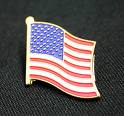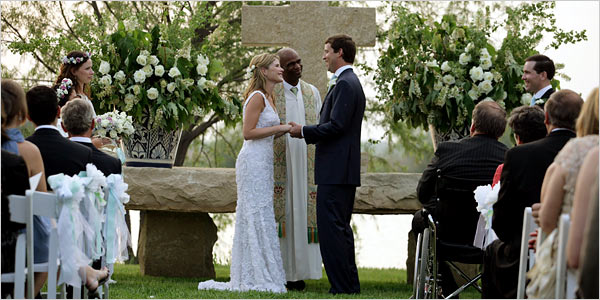 Former Bill Clinton pollster Doug Schoen has Wall Street Journal op-ed about what he sees as Obama’s values problem:
Former Bill Clinton pollster Doug Schoen has Wall Street Journal op-ed about what he sees as Obama’s values problem:
Exit polls in Indiana and North Carolina show clearly that fewer than 60% of white voters believe Mr. Obama shares their values. In a recent NBC News/Wall Street Journal poll, only 45% of the American electorate said they can identify with Mr. Obama’s values, compared to 54% who say they can identify with John McCain’s values.
In the face of those numbers, Schoen–who, though we think of values-themed Democratic campaigns as a post-2004 innovation, helped run such campaigns for Bill Clinton in the 1990s–says Obama must start donning a flag pin on his lapel, expand his discussion of terrorism beyond diplomatic solutions, and embrace some domestic policies that reflect heartland American values like personal responsibility and law and order (Making this last point, Schoen echoes God-o-Meter boss Steve Waldman’s advice to Obama on how to improve his standing among Catholics).
Then Schoen turns to Obama’s task with religious voters:
Mr. Obama must connect with people of faith. He needs to reach out explicitly to the evangelical community, both white and black. Mr. Obama does not have to apologize for his own faith and membership in Trinity United Church of Christ, but he needs to emphasize, as he has tried to do a number of times, that his own values are the opposite of Mr. Wright’s.
Most Americans know that Jeremiah Wright’s views are not those of Barack Obama; they do not need a point-by-point refutation of Mr. Wright’s comments. But moderate-to-conservative voters who once had confidence in Mr. Obama now have doubts, because he has been so close for so long to someone whose values are so inimical to theirs. What Americans need to know, once and for all, is that Mr. Obama stands with them on cultural issues they care about.
God-o-Meter’s not sure Schoen’s faith-based advice checks out.
He never says how Obama’s relationship with Wright affects people of faith, as opposed to the electorate at large. Schoen says Americans need to see that Obama’s values are the opposite of Wright’s, but what does that mean in terms of religion? The parts of Wright’s sermons that troubled most Americans about him–and, by association, Obama–had nothing to do with theology, but rather with race, foreign policy, and conspiracy theories.
Were religious voters more turned off than other Americans by Wright’s videotaped sermons? Maybe, if they felt that, as regular churchgoers, they would have had the judgment to leave Wright’s Trinity United Church of Christ. But because Schoen doesn’t make that case, he fails to show how Wright harmed Obama among the faithful–or how he can repair that harm.
8
